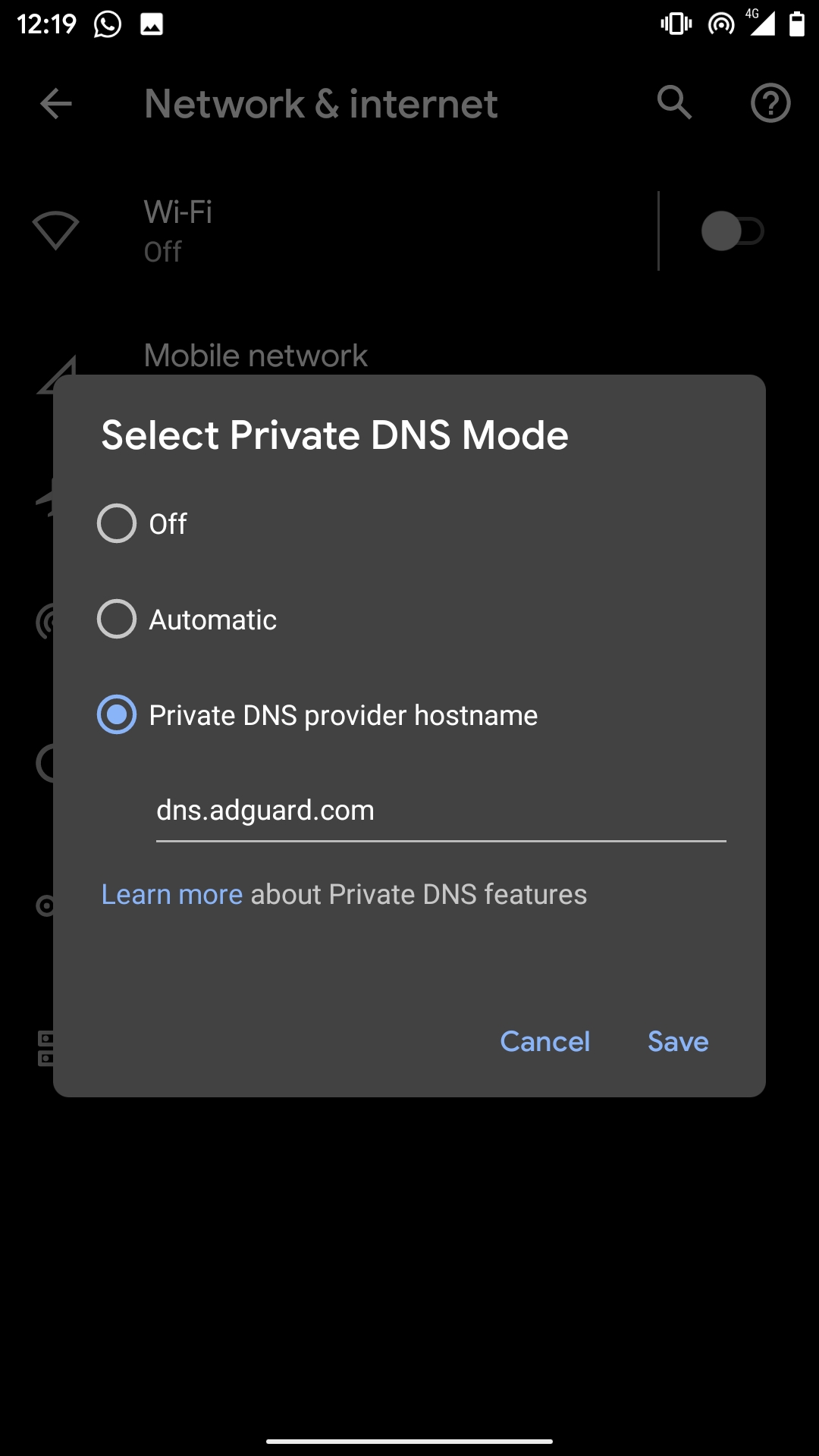

Since DNS servers are the middlemen between your browser and website content, there are many third-party DNS services that offer additional functionality for both users and network administrators. Some of them, however, also sell authoritative DNS services, which allow website owners or hosts to define the web server IP addresses that their domain names point to and to manage other DNS settings. All the companies listed here offer recursive DNS services. The ones that are used by most individuals and small companies (and that are covered here) are called recursive DNS and are the default services provided by most Internet Service Providers (ISPs). There are two main types of DNS servers: recursive and authoritative. The process of converting the domain name to its IP address is called domain-name resolution. Each time you type a site name into the browser, DNS is queried for the IP address corresponding to that particular domain, so the browser can contact the Web server to get the content. You utilize the Domain Name System (DNS) every time you surf the Web.

This article describes five of these services. DNS services provide a mix of tools to customize what content is filtered and which sites are blocked, among other useful features. It can also help stop users’ browsing to malware and phishing sites, block intrusive advertising, and serve as adult-content filters.īecause the Domain Name System (DNS) enables individual computers to reach destinations on the internet, services that filter out dangerous or unwanted sites can improve overall network security. Firewalls and antivirus can help block internet-based malware from infecting connected enterprise machines, but layering on DNS-based filtering can help avoid some of these threats in the first place.


 0 kommentar(er)
0 kommentar(er)
